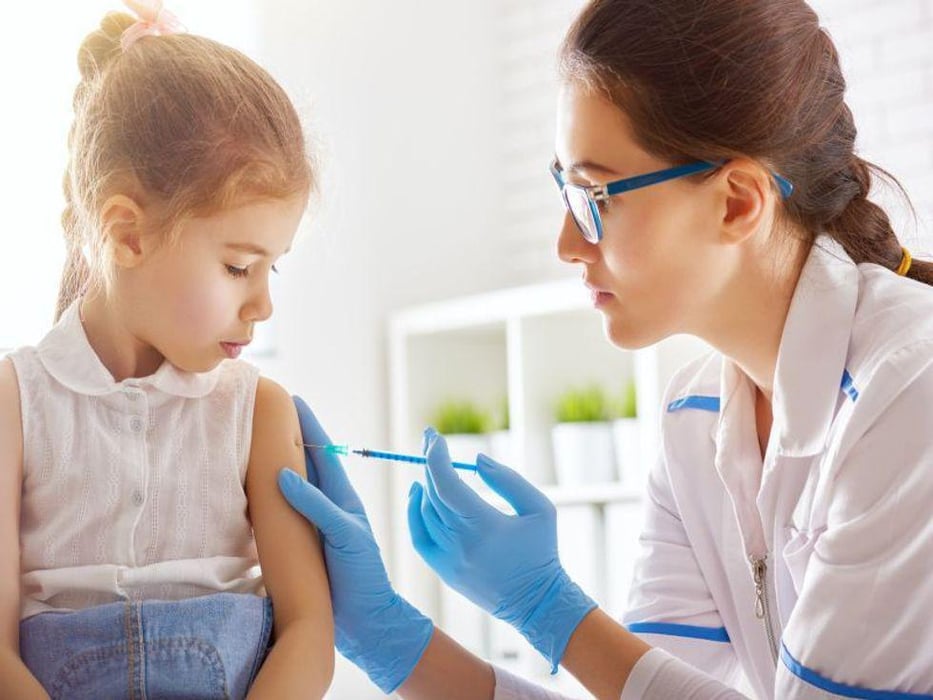Pfizer Vaccine Disappoints in Kids Ages 2 to 5

FRIDAY, Dec. 17, 2021 (HealthDay News) -- Two doses of a pediatric Pfizer-BioNTech COVID-19 vaccine failed to spur an adequate immune response in children aged 2 to 5, the companies announced Friday.
That's a setback for parents hoping to get their youngest children immunized against the new coronavirus as soon as possible.
The pediatric trials used a 3 microgram (mcg) dose of the vaccine — equivalent to about one-tenth of the dose used in adult shots. And while two 3 mcg doses produced a good immune response in babies and children between 6 months and 2 years of age — similar to that seen in people aged 16 to 25 — they failed to do so in the 2- to 5-year age group, the companies said in a statement.
The next step? Pfizer-BioNTech says they'll try a third dose to see if that produces a more robust response, but they have no plans to try any amount of vaccine above 3 mcg. Children under 5 will get the third dose two months after they've received their second.
"The goal here is to understand the potential of protection of the third dose," Jerica Pitts, a spokeswoman for Pfizer, told The New York Times. "We are studying 3 micrograms at this time."
In a conference call held Friday, Kathrin Jansen, Pfizer's head of vaccine research, said a three-dose regimen that works for all ages of kids is the goal.
There's a building consensus that three doses of vaccine, not two, offers the best defense against the new coronavirus, including newer variants such as Omicron.
Besides the ongoing trials in very young children, Pfizer-BioNTech is also conducting trials of three doses of 10 mcg of COVID vaccine (that's one-third of the dosage used in adults) in children ages 5 through 12, the companies said. They hope to complete the trials and ask for U.S. Food and Drug Administration authorization of a three-dose vaccine series in younger kids sometime in the spring of 2022.
Children aged 16 and 17 can already receive booster shots of Pfizer vaccine: The FDA authorized that last week.
There have been very rare instances of a heart condition called myocarditis observed in male adolescents and young men who've received mRNA vaccines, prompting investigation into use of lower doses in younger age groups.
More information
Find out more about COVID-19 vaccination in children at the U.S. Centers for Disease Control and Prevention.
SOURCES: Pfizer-BioNTech, statement, Dec. 17, 2021; The New York Times
Related Posts
La pobreza es la cuarta causa de mortalidad en EE. UU.
MARTES, 18 de abril de 2023 (HealthDay News) -- La pobreza es la cuarta causa...
Most Patients Have Positive Views About AI in Medicine
THURSDAY, May 12, 2022 (HealthDay News) -- Most patients have positive views...
ACR: Holding Methotrexate for Just a Week After Flu Vaccine Works for RA Patients
FRIDAY, Nov. 18, 2022 (HealthDay News) -- For patients with rheumatoid arthritis...
Encuesta encuentra que el racismo contra los asiáticos es común en el ámbito médico
VIERNES, 15 de septiembre de 2023 (HealthDay News) – Los profesionales médicos...
